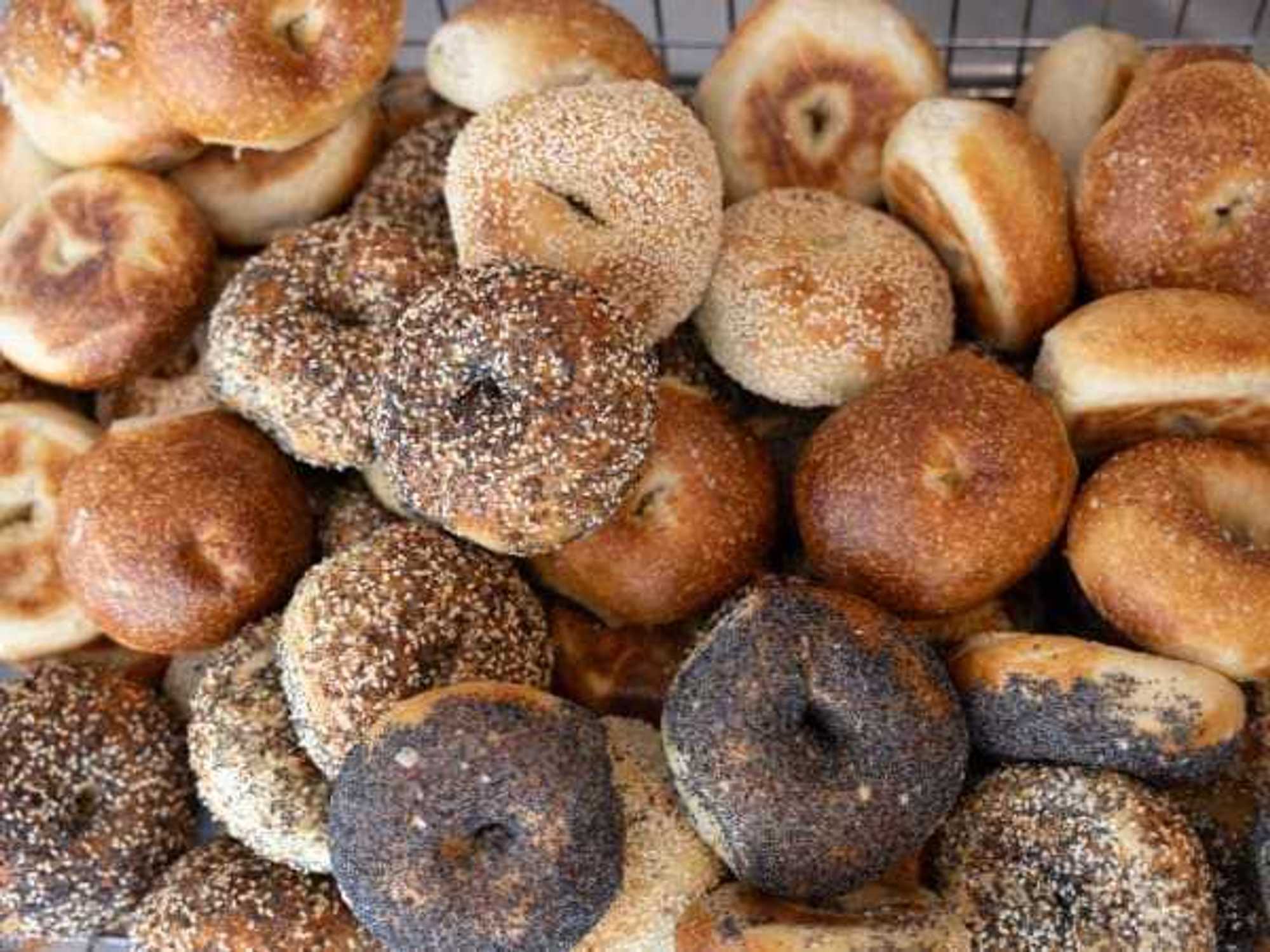Hello Mary Jane
Inhale these good reasons why Dallas should decriminalize marijuana

Can you smell that? It's bud. Marijuana. Sweet Mary Jane.
Call it what you want, the bitter-sweet aroma of weed is up in the air with a hazy debate over its legality underway. The discussions could change how Dallas, and even Texas, deal with the punishment for the possession of pot, to the point of decriminalization. For those tired of having to slow their roll, the legal aspect could be an issue no more.
Decriminalization is long, long over-due. It’s a waste of our limited police and judicial resources and an enormous expense. Consider what happens if you’re caught with a doobie. You get cuffed and thrown behind bars for walking around with one. A bit ironic in a state where you can legally carry a gun out in the open.
But wait, there’s still more punishment for the crime. You ultimately can spend up to six months in jail, leave with a criminal record and a fine of $2,000. Hardly a way of making anyone a more productive member of society.
Dallas Police Department resources already are stretched paper thin. More than 100 officers have quit or retired since January. Another 350 are expected to leave this fiscal year, further reducing the size of the police force available to protect us. Who can blame them? Officers here are paid less than elsewhere and now are being asked to work more since DPD is having trouble staffing patrol shifts. Crime rates continue to rise and their flailing pension system is on the verge of collapse.
Leadership also is lacking. Former Police Chief David Brown, now of ABC News fame, retired in October. His shoes still are empty and the city hasn’t even yet selected a firm to find Brown’s replacement. It’s yet another weakness in our already depleted police force. Protecting Dallas’ Thin Blue Line, the one that keeps getting thinner, is why our force shouldn’t be focused on marijuana.
That’s the proposal from Dallas City Council member Philip Kingston. He’s attempting to spearhead a “cite-and-release” policy through City Hall. With Kingston’s plan, instead of getting cuffed and taken in, you’d receive a citation and later appear in court. Treatment more akin to a speeding ticket than jail time, which is never a fun collect call to receive.
This issue is expected to be voted on in April. Twice, similar measures have been defeated in Dallas, most recently a year ago when it lacked support from Brown.
Kingston’s proposal could go even further. It still requires an appearance in our already over-taxed court system with something that is a “crime” in Texas but 100 percent legal in eight other states. We’re talking about the same product that is available with a doctor’s note in 28 states.
The differences in approach among states is mind-boggling. I can go to Colorado and buy one ounce of weed legally. I pay taxes on said purchase. Last year, Colorado collected $200 million in marijuana taxes on more than $1 billion in sales. That sent an additional $50 million to fund the state schools. The rest of the money was spent on public safety and transportation, among other community improvements.
Modernizing our marijuana enforcement policies in Texas would free up strapped police forces and relieve over-taxed court systems and save staggeringly large savings of time and money.
Which is exactly what Houston is doing. There, Police Chief Art Acevedo doesn’t want his officers spending time on marijuana offenders. His efforts are supported by the new District Attorney in Harris County, Kim Ogg. Her staff will no longer prosecute anyone caught with less than four ounces of pot. Instead, you pay a fine of $150 and take a “decision making” class. The change is supported by Houston Mayor Sylvester Turner, the police chief, and the county sheriff.
In Bexar County, a similar approach is expected to save more than $9 million annually if adopted.
Marijuana arrests, and the subsequent court prosecution, costs Texas taxpayers $1.5 billion annually. That’s real money, that could address real problems. Hard not to wonder how this could help Dallas, which is struggling to fix potholes and fund libraries on par with cities of our size.
Decriminalization is the trend moving forward: 21 states and the District of Columbia have decriminalized possession of small amounts of bud. Similar considerations are smoldering at the Texas Legislature, currently in session in Austin. There, a fistful of bills have been introduced. One would allow voters to decide if marijuana should be legal. Another would decriminalize it so it’s treated more like a traffic ticket.
In 2015, there were more than 60,000 arrests for pot possession in Texas -- 13 percent of all arrests in the state -- according to the Federal Bureau of Justice Statistics. Each arrest requires about 2.5 hours of police time, which isn’t something you want to think about if you’re ever waiting for the police after calling 911 for help.
There's activity on a statewide level: House Bill 81 is a bipartisan effort for the state of Texas that would replace handcuffs, jail time, and a record with a maximum civil fine of $250. The bill was given a hearing by the Criminal Jurisprudence Committee on March 13, and the measure is believed to have a shot at making it to Gov. Greg Abbott’s desk. But it’s hard to imagine him signing it. Remember, this is a man who demanded an exhibit be removed from Capital grounds that he claimed was meant to “belittle and offend” and mock Christianity. So my hopes aren’t high. Ha! Get it? High.
Decriminalizing pot is absolutely the right thing to do. Cheers to Kingston for trying to keep Dallas’ head out of the clouds and boots focused on where we need them to be. After all, these are our tax dollars. Let’s have 420 simply be a time of day or a date, not a police call for “marijuana smoking in progress.”
--------------------
Rani Monson is a marketing consultant at RainMaking Marketing. She can be reached via email at ranicher@yahoo.com.

 Book your table for two now. Getty Images
Book your table for two now. Getty Images